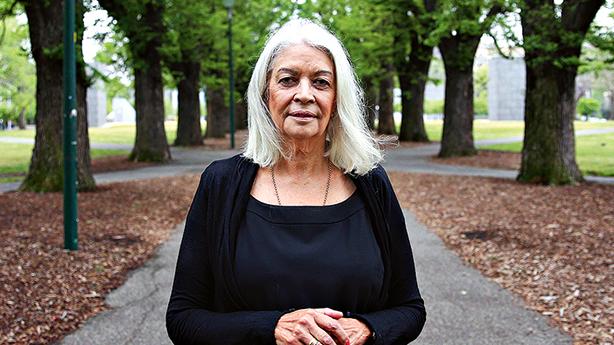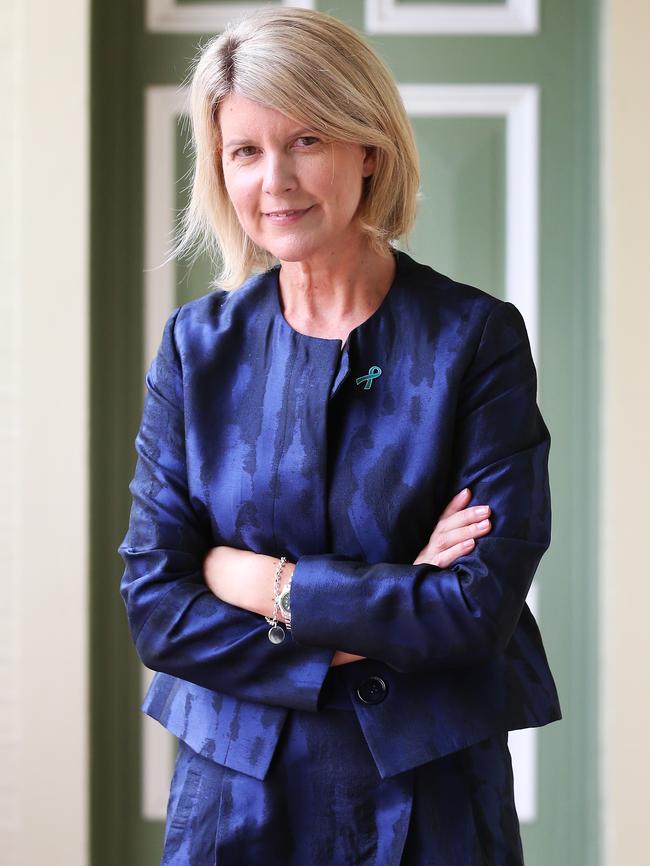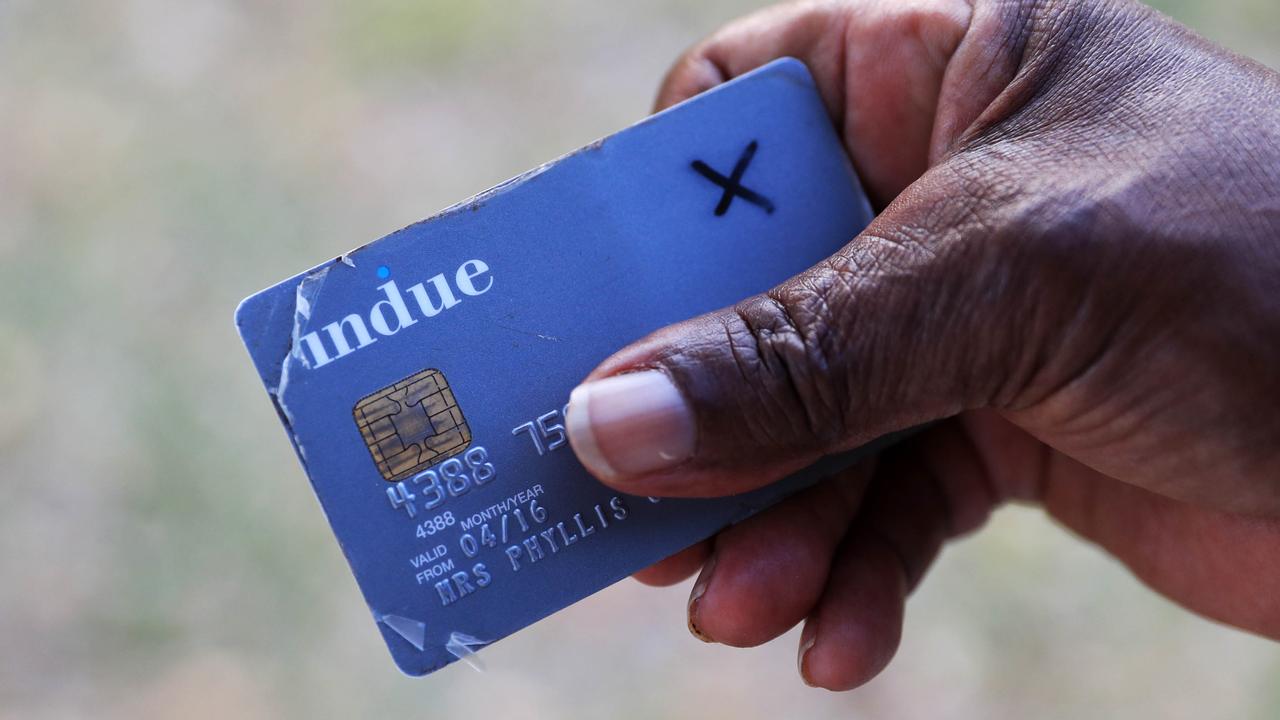‘White feminists’ blame colonisation for indigenous domestic violence
A new taxpayer-funded report claims domestic violence against indigenous women and children is caused by colonisation.

A new taxpayer-funded report that claims domestic violence against indigenous women and children is caused by colonisation has been criticised as a kind of “white feminism” that excuses male violence in some cultures and ignores victims of domestic crises.
The national organisation Our Watch, funded by the commonwealth, state and territory governments, released a report yesterday examining ways to prevent family violence affecting Aboriginal and Torres Strait Islander women and children that appears to blame settlement for contemporary violence.
The organisation is chaired by Natasha Stott Despoja and has just two indigenous members on its board — Vicky Welgraven and Jeremy Donovan — alongside Lieutenant General David Morrison and former NSW Liberal MP Kerry Chikarovski.
“While there is no one ‘cause’ of violence against Aboriginal and Torres Strait Islander women, its three key underlying drivers can be understood as: the ongoing impacts of colonisation for Aboriginal and Torres Strait Islander people, the ongoing impacts of colonisation for non-indigenous people and in Australian society and gendered factors,” the report says.
“(This includes) both gender and inequality in a general sense, and specific gendered drivers of violence that are a consequence of colonisation.”
Indigenous academic Marcia Langton said some of the conclusions in the report were an “outcome of white feminists ignoring the voices of Aboriginal women”.
“White feminists largely have a poor understanding of the challenges faced by frontline Aboriginal female workforce with little support from police and courts,” she told The Australian.

“The male perpetrators are represented in court; victims and families are not. Still, across most of the country, this is the case. Aboriginal women victims of domestic violence are ending up in jail at astonishing rates.” The latest statistics from the Australian Institute of Health and Welfare, released in February, show that indigenous women are 32 times more likely than non-indigenous women to be hospitalised because of family violence. Similarly, indigenous men are 23 times more likely to be hospitalised.
Two in five indigenous homicide victims — 41 per cent — were killed by a current or former partner, compared with one in five non-indigenous homicide victims, the data shows.
National Congress of Australia’s First Peoples co-chairwoman Jackie Huggins said while the drivers of violence were “inextricably linked with the legacy of colonisation”, it was time to change focus.
“Now peoples and communities need to come together to find solutions. Colonisation should never be used as an excuse for violence,” Dr Huggins told The Australian.
“In the past, the conversation about family violence has talked about women in a way which has erased the experiences of Aboriginal and Torres Strait Islander women facing family violence. I’m very pleased to see the voices and experiences of our women being elevated in these conversations.”
Our Watch acknowledges that many indigenous women have white partners or partners from other backgrounds, and that men should never be taught that violence can be excused.
One of the key recommendations of the Our Watch report is for “specific healing strategies for women, men, children and young people as well as holistic strategies to enable community healing”.
In an essay in Griffith Review published in April, Professor Langton dismissed the concept of healing for violent men.
“Another excuse for the violence — the dominant one, I think — is that Aboriginal men are the victims of ‘colonisation’ and ‘need to heal’ before we can deal with the violence,” she wrote.
“Again, the argument, the logic and the consequences are repugnant and should be dismissed. The logical answer is that men who do not approve of such violence should stand beside Aboriginal women advocates to end the violence and defend their cause.
“They should report perpetrators of assault and rape to the police. They should demand that the criminal justice system deal with these matters effectively. But the justification for violence is that Aboriginal men have been colonised and are victims who need to be addressed as a priority over their victims. Why? Well apparently because men come first, if we follow this specious reasoning.”
Dr Huggins agreed that the effects of colonisation played a huge role in under-reporting of violence, because “many peoples mistrust the police, and for good reason”.
Our Watch chief executive Patty Kinnersly told The Australian the report was clear that there was no excuse for violence against women. “It unequivocally points to the need to ‘challenge the condoning or excusing of violence’ in all contexts — by men, women, Aboriginal and Torres Strait Islander people, and non-indigenous Australians,” she said.
“It examines the impacts of colonisation and intergenerational trauma as ways to develop a deeper understanding of the issue, because they are some of the many factors driving it. It also prominently features input from Aboriginal people — both men and women — who stress that while these issues need to be understood and addressed, they are not excuses for violence.
“Changing the Picture states explicitly and frequently that nothing excuses violence, and instead seeks to offer insights that will prove constructive in building a future free from violence.”
The resource also debunks some of the myths about indigenous violence and says explicitly, despite the claims of some men, that “violence against Aboriginal and Torres Strait Islander women is not a part of traditional culture”.
Social Services Minister Dan Tehan said Our Watch was an independent body and the content of the report was a matter for its members. “The government’s Stop it at the Start domestic violence campaign emphasises as its priority personal responsibility and respectful relationships.”
If you or someone you know is affected by sexual assault, family or domestic violence, call 1800 RESPECT on 1800 737 732 or visit www.1800RESPECT.org.au. In an emergency, call 000.


